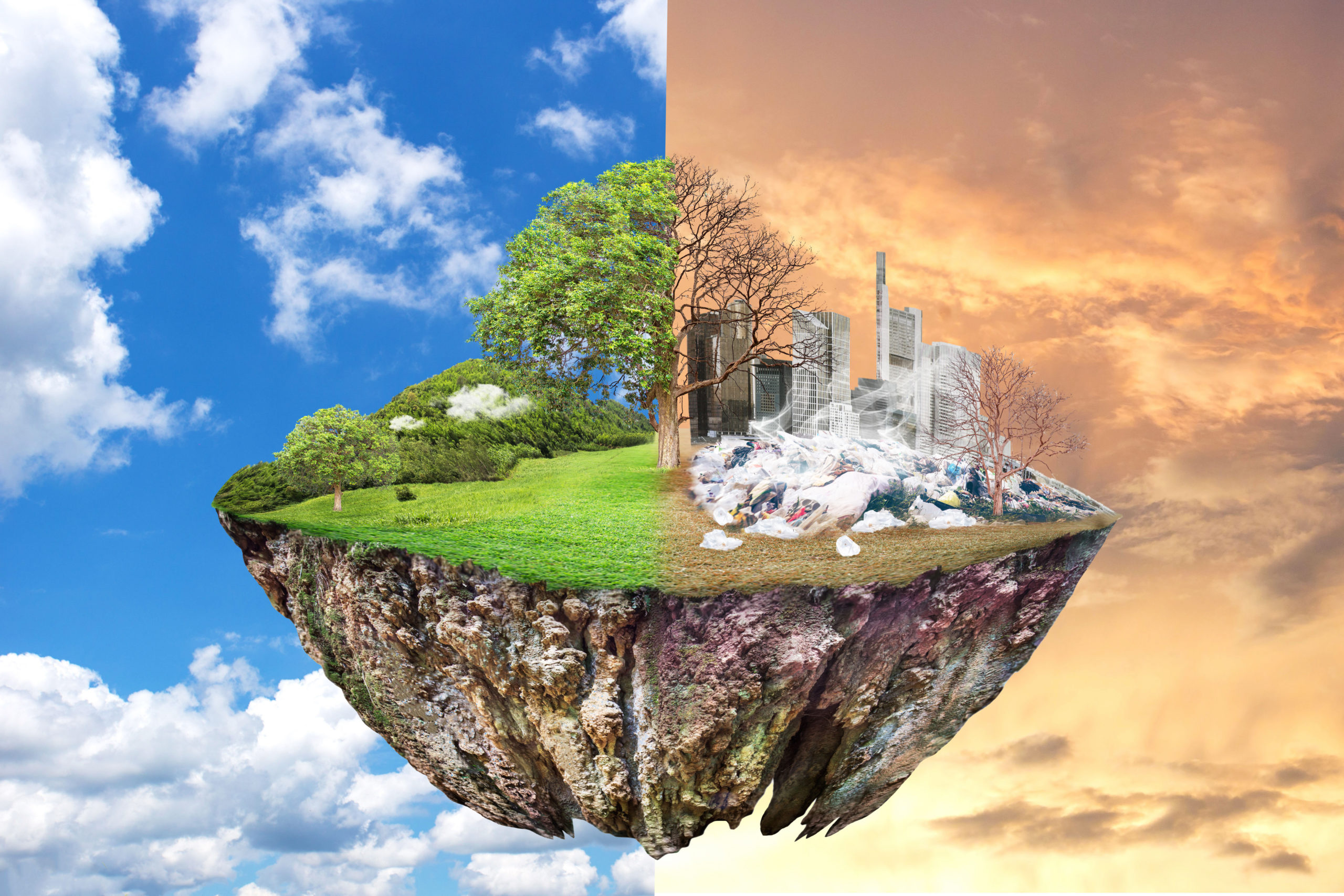Climate change, believe it or not, is a pressing issue, and in 2017, UNESCO addressed it by issuing the “Declaration of Ethical Principles in Relation to Climate Change.” So, let’s learn more about the declaration and the different principles established in this treaty.
Article 5: Sustainable Development
/img/iea/rV6nV2Zm6X/istock-480500124.jpg) To ensure that present and future generations are able to meet their needs, it is urgent that all States and pertinent actors:
To ensure that present and future generations are able to meet their needs, it is urgent that all States and pertinent actors:
(a)promote the implementation of the United Nations 2030 Agenda for Sustainable Development and its SDGs, especially by adopting sustainable patterns of consumption, production and waste management; by using resources efficiently; and by fostering climate resilience and low greenhouse gas emissions development;
(b)work to ensure that each person benefits from the opportunities of development, especially those who are vulnerable (see Article 10), and in this way, contribute to the eradication of poverty in all its forms and dimensions, including extreme poverty;
(c)tackle the adverse effects of climate change in areas that deserve special attention due to their humanitarian implications and consequences, including but not limited to: food, energy, and water insecurity, the ocean, desertification, land degradation, natural disasters, displaced populations, as well as the vulnerability of women, children, the elderly, and especially the poor.
Article 6: Solidarity
- Solidarity implies that human beings collectively and individually should assist people and groups that are most vulnerable to climate change and natural disasters, especially when catastrophic events occur.
- States and other pertinent actors, and those who have the capacity to address climate change should act and cooperate by taking into account:
(a)the importance of protecting and enhancing the world we share in a way that reflects the solidarity and interdependence among peoples of different backgrounds, and the interdependence of humankind with other organisms, ecosystems, and the environment;
(b)the well-being, livelihoods and survival of future generations which depend on our current use of resources and the resulting impacts thereof;
(c)the interconnectedness of the physical, ecological, and human systems of all countries, regions and communities across Earth.
- Knowledge related to the causes, modalities and impacts of climate change and responses to it should be shared equitably and in a timely manner in order to increase the adaptive and mitigating capacities of all, and to increase the resilience of people and ecosystems.
- Developed States and other States, on a voluntary basis, as well as relevant actors should strive to strengthen timely cooperative action in the areas of technology development and transfer, support for the synthesis of relevant information and knowledge, capacity-building, and means and financial resources to developing countries, especially those that are most vulnerable to the adverse effects of climate change, particularly to least developed countries (LDCs) and small island developing States (SIDS).
- States, on a voluntary basis, can also address the challenges of climate change through South-South and triangular cooperation.
Article 7: Scientific Knowledge and Integrity in Decision-Making

- Decision-making based on science is critically important for meeting the mitigation and adaptation challenges of a rapidly changing climate. Decisions should be based on, and guided by, the best available knowledge from the natural and social sciences, including interdisciplinary and transdisciplinary science, and by taking into account, as appropriate, local, traditional and indigenous knowledge.
- In order to optimally aid in decision-making, science needs to meet the highest standards of research integrity by being impartial, rigorous, honest, and transparent, and should give adequate estimates of uncertainty in order to provide decision-makers with insight into, and understanding of, the underlying risks as well as opportunities, and guidance to their formulating long-term strategies.
- Scientific cooperation and capacity building should be strengthened in developing countries in order to develop a comprehensive understanding of climate change impacts as well as potential mitigation and adaptation actions.

One thought on “UNESCO’s Declaration of Ethical Principles in Relation to Climate Change (Part 2)”